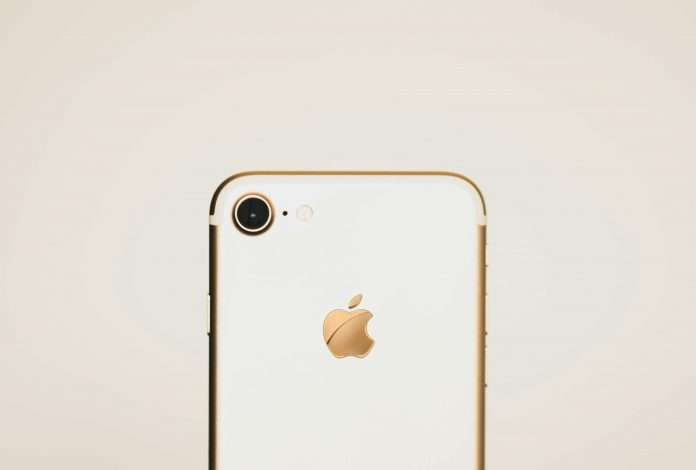Apple has avoided substantial fines from the European Commission by agreeing to open its NFC chip technology, which allows iPhone users to make contactless payments, to third-party providers.
The European Commission stated that it has made Apple’s commitments legally binding under EU antitrust rules, thereby resolving an antitrust case and preventing potential fines that could have reached billions of dollars, according to Finextra.
The 10-year agreement, largely based on Apple’s January proposal, permits third-party mobile wallet and payment service providers to access and utilise NFC functionality on iOS devices via a set of APIs at no cost, without the necessity of using Apple Pay or Apple Wallet.
Apple will develop the necessary APIs to enable equivalent access to the NFC components in Host Card Emulation (HCE) mode, a technology used for securely storing payment credentials and completing transactions without relying on an in-device secure element.
The agreement applies to all third-party mobile wallet app developers based in the European Economic Area (EEA) and all iOS users with an Apple ID registered in the EEA. Additionally, Apple will not block the use of these apps for payments in stores outside the EEA.
Apple has also committed to allowing users to set their preferred payment apps as defaults, access authentication features like FaceID, and utilise a suppression mechanism.
These changes expand the capability to initiate payments with HCE payment apps at other industry-certified terminals, such as merchant phones or devices used as terminals.
The agreement removes the requirement for developers to hold a PSP license or have a binding agreement with a PSP to access the NFC input. Moreover, Apple will permit NFC access for developers to pre-build payment apps for third-party mobile wallet providers.
The European Commission stated, “The Commission concluded that Apple’s final commitments would address its competition concerns over Apple’s restriction of third-party mobile wallet developers’ access to NFC payments in stores for EEA iOS users. It therefore decided to make them legally binding on Apple.”
While this issue may be resolved in Europe, Apple continues to face challenges in the United States, where the Justice Department’s lawsuit includes concerns about access to the NFC chip technology, accusing Apple of monopolising the smartphone market.
Keep up with all the latest FinTech news here
Copyright © 2024 FinTech Global



